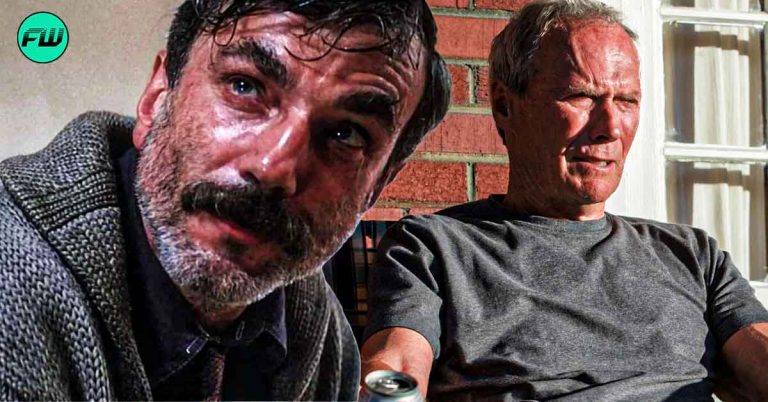Daniel Day-Lewis is an exceptional talent. Known for his method acting skills, the actor has amazed audiences for decades. However, there are several instances where even the most competent individuals feel challenged. That was the case for the Hollywood stalwart during the filming of his final film endeavor to date.

In 2017’s Phantom Thread, the actor played the role of an acclaimed haute couture dressmaker, Reynolds Woodcock. The film is set in 1950s London. Day-Lewis’ commitment to the role was evident by his inclination for extensive research into the lives of numerous fashion designers. He earnestly worked towards embodying the character.
However, there was one thing that the actor wasn’t too happy about. It was the tight-spaced, overwhelmingly congested setting within which the filming took place.
Daniel Day-Lewis Detested Working In A Claustrophobic Setting
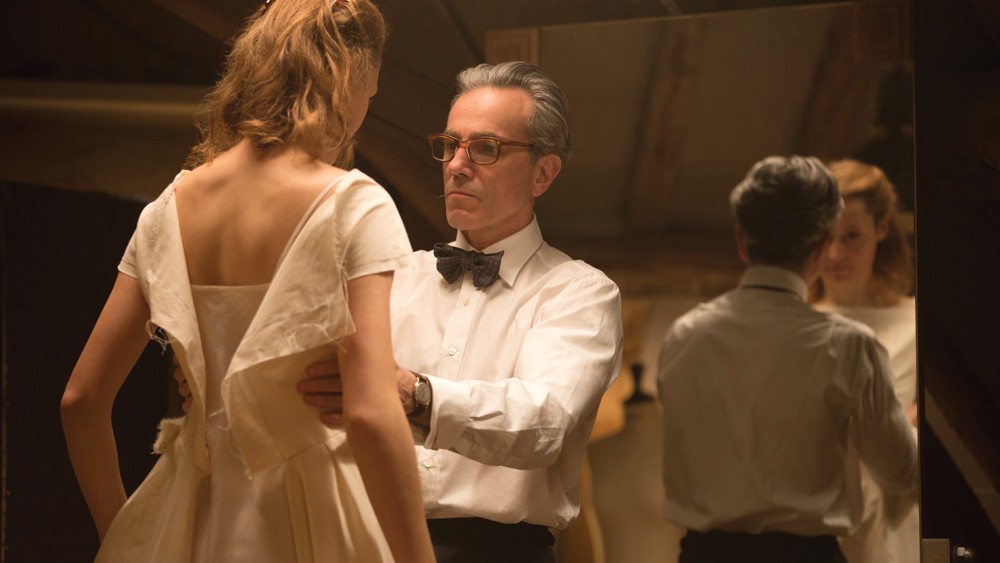
Filming for the $47.8 million film may have posed one of the greatest challenges in Day-Lewis’ career. In the movie, Reynolds is seen residing in a home that also functions as his studio. It is dubbed House of Woodcock. The Paul Thomas Anderson-helmed pursuit took to emulating the look and feel of a 1950s fashion studio in London. To precisely encapsulate this, the production was set in a Georgian townhouse. The tight-spaced setting captured the suffocation that even audiences would feel upon viewing it on screen.
For the actors, this meant having barely any space for themselves. As rightfully affirmed by Daniel Day-Lewis, the experience entailed living in a “termite nest.”
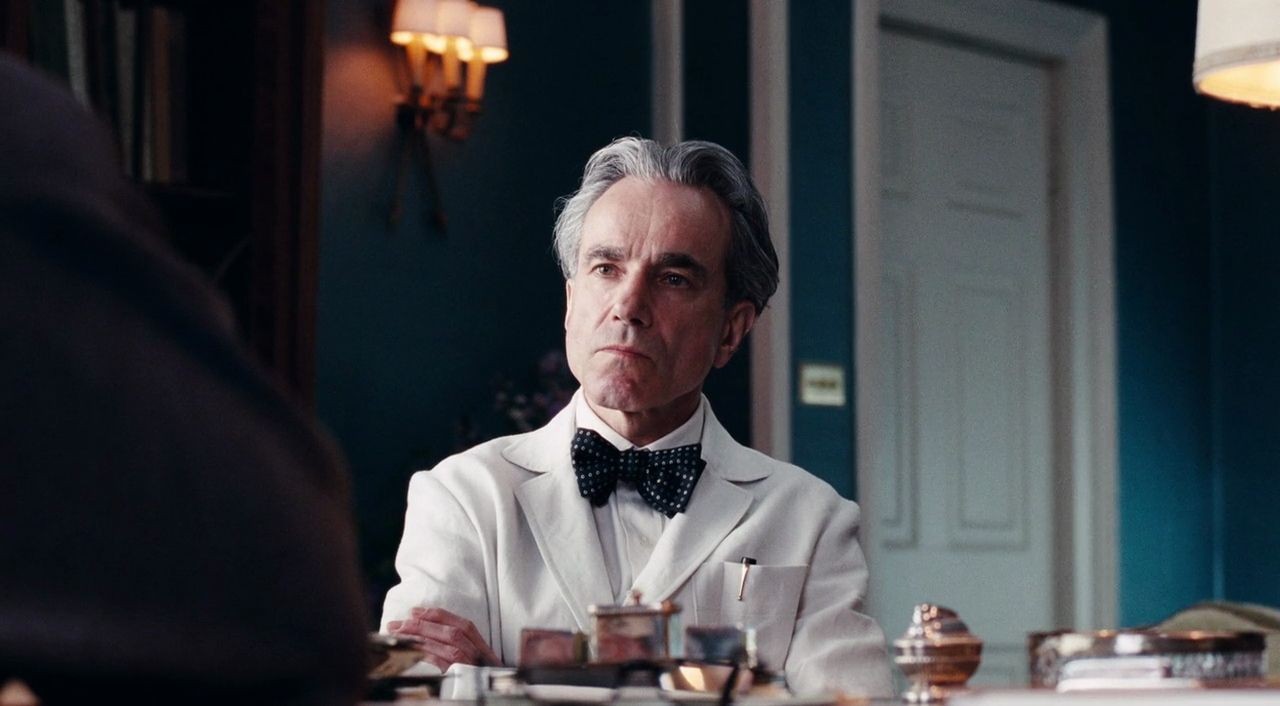
Following is what the Lincoln alum had to say about it:
“It was awful. We had hoped to find that way of working again where we would be self-contained, beholden to no one, and uninterrupted. We built a world we could create and just stay in and no one could get into it. But in this townhouse, which was very beautiful, it was a nightmare.”
Turns out, the “uninterrupted” and “contained” filming environment posed significant troubles for not only Daniel Day-Lewis but most of the talents involved. The entire production team was reportedly living on top of each other. The actor even confirmed, “There was no space.” Others have also affirmed a similar sentiment.
Daniel Day-Lewis’ Co-Star Suffered A Panic Attack Because Of The Crowded Rooms
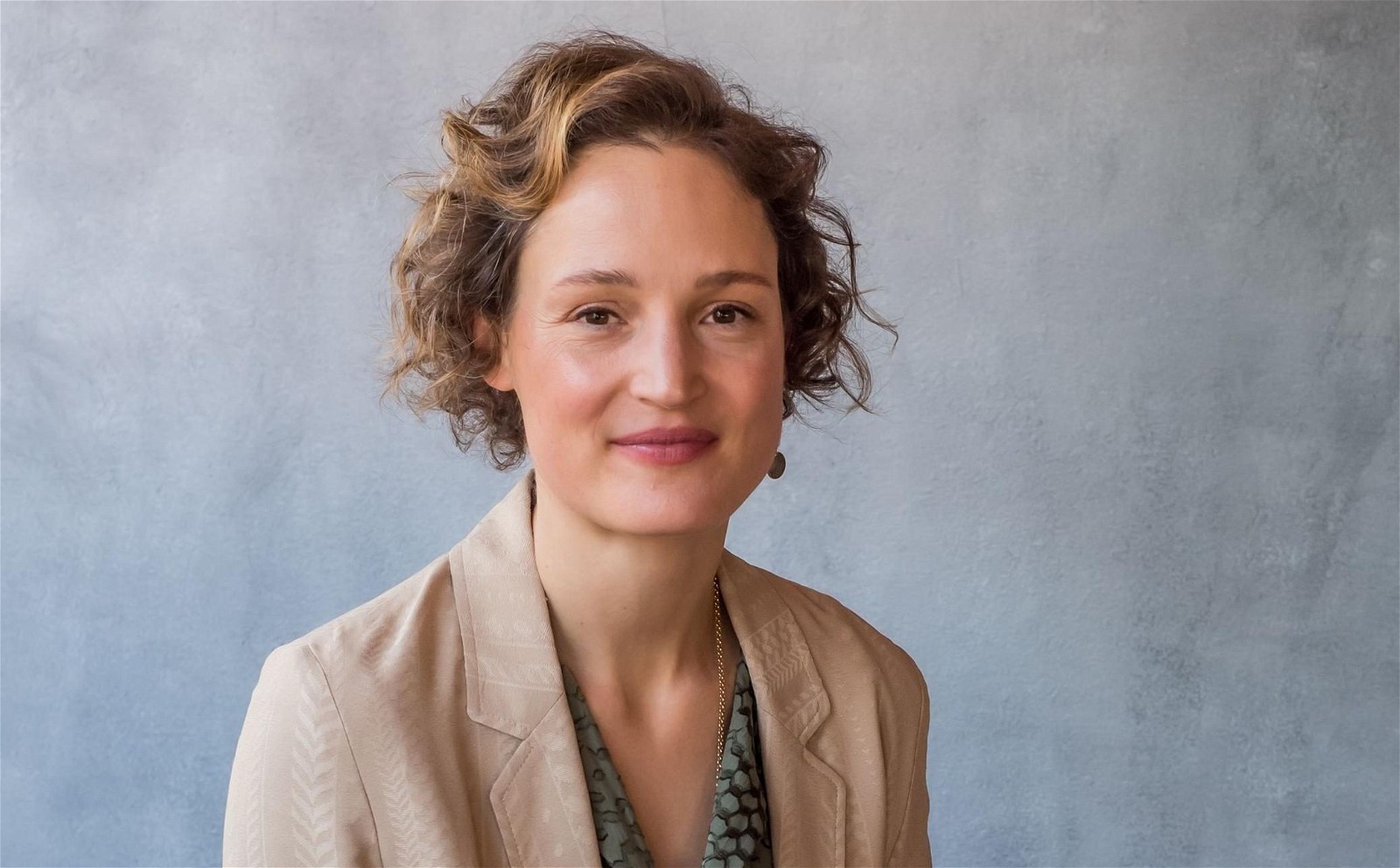
The “termite nest” house became storage spaces. After filming in one room, they would move to another and all the things (we are assuming equipment and other set necessities) had to be moved as well. This created a never-ending cycle of torment for the talents who had to live through these crowded spaces. Anderson may have been successful in conveying the feeling of suffocation both literally and figuratively, but it was taxing on the performers.
Vicky Krieps, who played the role of Alma Elson, Woodcock’s muse, confirmed that she experienced a panic attack on set:
“Suddenly, I couldn’t breathe. In every room there were just cables, there’s an energy to it and it’s taking the breath away of your character.”
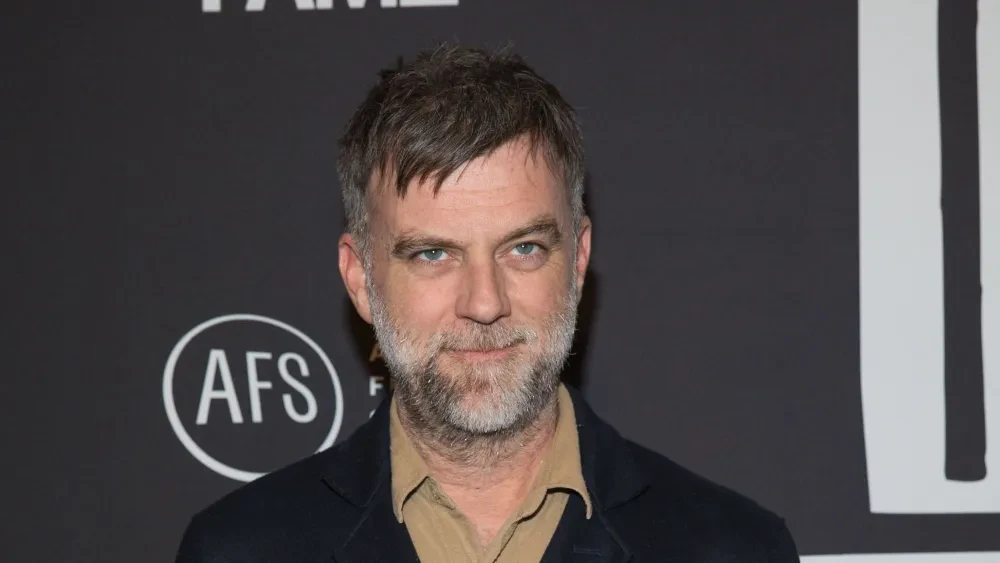
For director Paul Thomas Anderson, the struggle of living in such close quarters had been worth it. Filming in such tiny rooms allowed him to tackle a level of intimacy and realism within the narrative. Explaining how Phantom Thread‘s claustrophobic environment took inspiration from the real-life living conditions of the clothing designers, the director had the following to say:
“They lived like mice, like miniature people in these tiny rooms. They’re all on top of each other working. Whatever life they had, it’s the same thing as their work. There was nowhere for them to go.”
Anderson went on to conclude that suffering for the cause subsequently paid off:
“We’re all okay now. But it was hard, it was really hard. There were struggles, but it was struggles that were worth it.”
Given Daniel Day-Lewis’ commitment to taking up some of the most difficult roles, we can conclude that if the actor finds something to be an awful experience, then it most definitively was. Regardless, if the director of the endeavor says it was worth it, then who are we to judge? Phantom Thread became a critically acclaimed success. It enjoys an approval rating of 91% on Rotten Tomatoes. I suppose you could say everything worked out in the end.
Phantom Thread (2017) is available for streaming on Netflix.
Source: IndieWire



